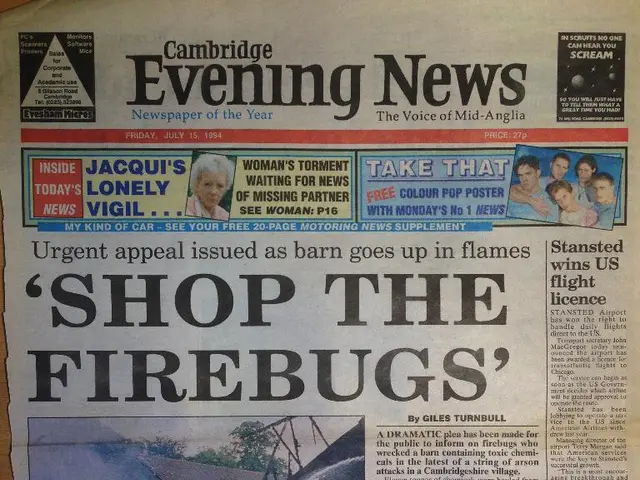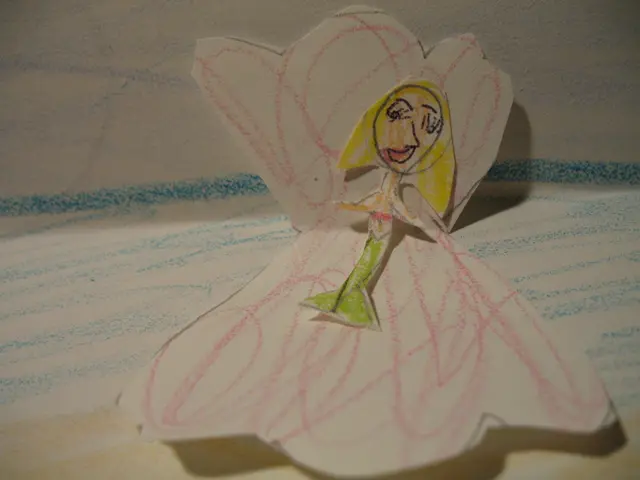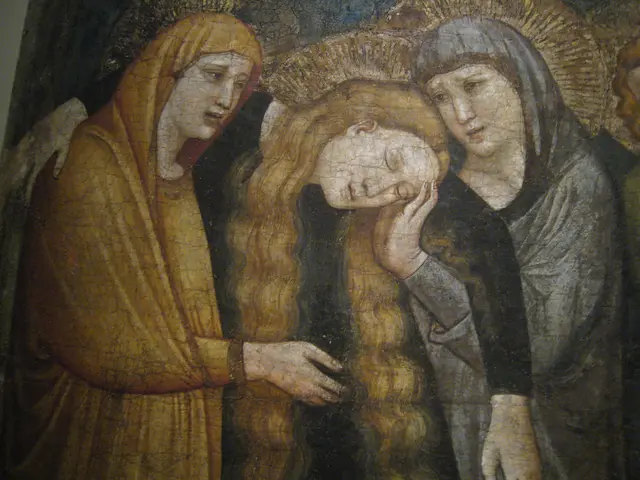Understanding Poetic Functioning
In the vast world of poetry, most works can be classified as either narrative, lyric, or dramatic. However, there are other genres that add depth and diversity to this art form, such as satirical poetry and prose poetry.
Satirical poetry and prose, like Menippean satire, have distinct characteristics that set them apart from traditional narrative, lyric, and dramatic poetry. They often attack prevailing mental attitudes, social conventions, or philosophical ideas rather than just individuals. The use of irony, paradox, and exaggeration is common, as they highlight discrepancies between ideals and reality, often with humor or grotesque elements. Menippean satire, a major form of satirical prose, mixes various genres and forms such as novellas, dialogues, parodies, and poetry within a single work. Satire tends to critique broad social, ethical, and intellectual conditions rather than narrate stories or express personal emotion. By exposing hypocrisy or absurdity, satire invites readers to reconsider social or personal values.
Prose poetry, on the other hand, uses poetic language in prose form. It often emphasizes mood, emotion, and condensed, evocative expression, similar to lyric poetry. Unlike satire, prose poetry does not primarily focus on social critique. Instead, it occupies a middle ground between poetry and prose, not telling a straightforward narrative but creating poetic effect through language and structure.
To better understand the nature of lyric poetry, one can think of lyrics in music. Lyric poetry is characterized by using elements like rhyme and rhythm to create an overall effect or feeling. It is a type of poetry that does not necessarily tell a story, have a plot, or follow a logical progression.
Narrative poetry, on the other hand, tells a story and has a plot or action. One type of narrative poetry is epic poetry, which is a long narrative poem that usually follows the life and adventures of a hero.
Dramatic poetry, as the name suggests, is written with the intention of being performed. It presents dialogue or monologue, often featuring conflict and character interaction.
In summary, satirical poetry and prose poetry differ both in purpose and form from narrative, lyric, and dramatic poetry. Satire aims to critique and expose social or philosophical issues, often employing irony and mixed genres, including prose. Prose poetry blends poetic language with prose form, focusing on mood rather than narrative or dramatic action. In contrast, narrative poetry tells stories, lyric poetry expresses personal emotion, and dramatic poetry is intended for performance with dialogue or monologue.
Satire, in its literary form, often delves into education-and-self-development, teaching readers to question societal norms by highlighting discrepancies between ideals and reality. Prose poetry, alternatively, embraces lifestyle by using poetic language within prose form, enabling readers to engage with mood and emotion instead of being guided through social critique.








